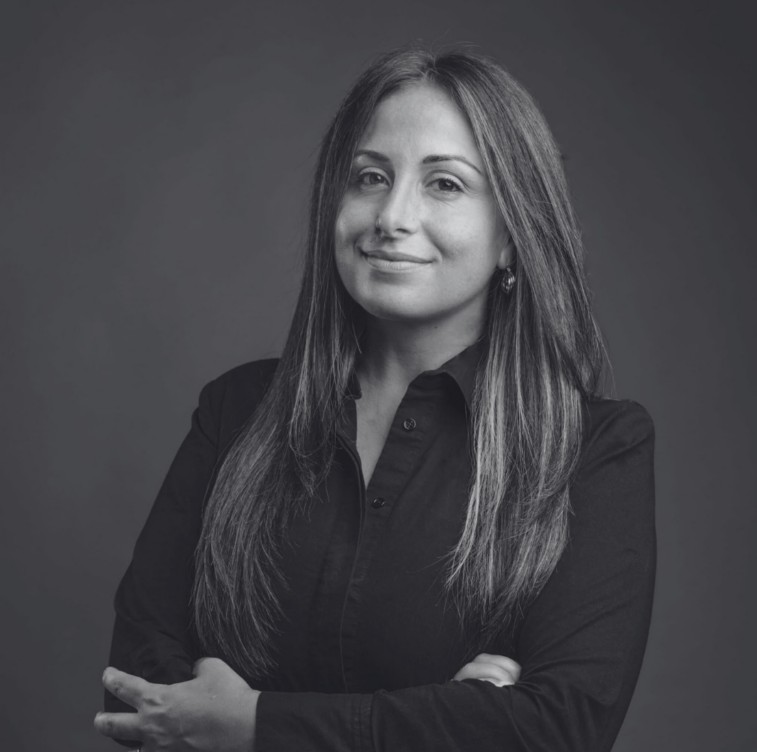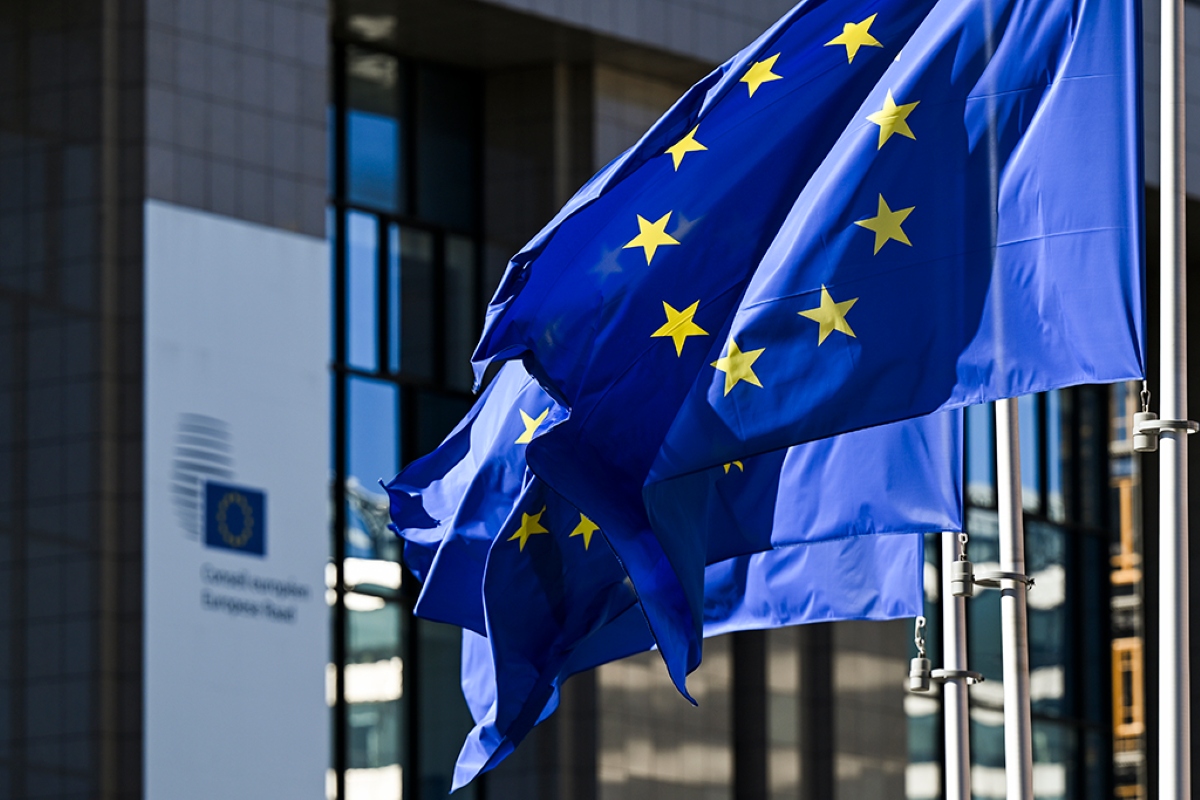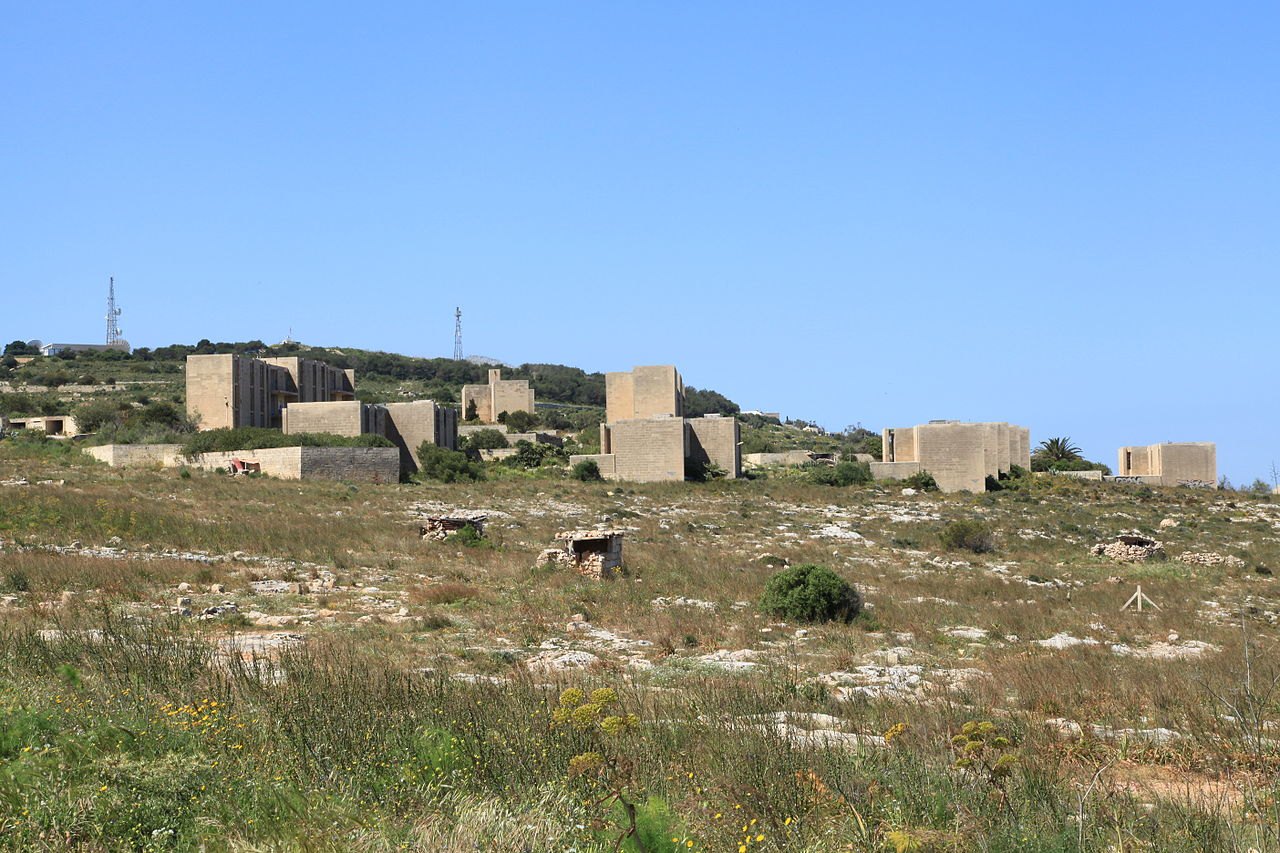Ireland recently made headlines by making its Basic Income for Artists scheme permanent, a move widely welcomed by cultural commentators and policymakers alike.
The initiative, first launched as a pilot in 2022, offers artists a predictable weekly income, giving them stability to focus on creative work without the constant pressure of financial uncertainty. Next year, up to 2,000 new artists, or 2,200 with extra funding, will receive €325 per week under the scheme.
The scheme’s success has caught the attention of Malta Entertainment Industry and Arts Association (MEIA), which has long advocated for similar structural support for Maltese artists, including in its own budget recommendations for 2026.
In response to questions from BusinessNow.mt, MEIA President Maria Galea outlined the association’s thoughts on Ireland’s approach and the potential lessons for Malta.
A visionary and pragmatic model
MEIA highlights that Ireland’s scheme is the result of years of research, consultation, and public support.
“It demonstrates that creative professionals can be supported in a structured, transparent and sustainable way,” Ms Galea noted.
MEIA emphasises that Malta’s own proposal for a pilot Basic Income for Artists, included in the 2026 Budget Recommendations, was motivated by the same desire: to create security in a sector historically defined by precarity.
“Ireland’s example confirms that when government places trust in artists, acknowledging their contribution as workers, innovators, and community-builders, the social and economic returns are significant,” she explains.
Stability as a driver of creativity
According to MEIA, the primary strength of such a scheme lies in the stability it provides. Artists can dedicate time to research, experimentation, and production without the stress of income gaps.
“Stability breeds creativity, and creativity fuels growth, not just cultural, but economic and social,” Ms Galea shares.
In Ireland, beneficiaries reported improved peace of mind, better planning capacity and higher-quality output.
In Malta, such a scheme could address the long-standing challenge of inconsistent support between projects, enabling practitioners to professionalise, sustain their practice, and remain active in the cultural sector.
MEIA also cautions, however, that care must be taken to avoid perceptions of exclusivity or dependency, and that clear, transparent selection processes are essential.
“The Irish experience revealed some tensions within the community, a divide between those included in the pilot and those left out,” she warns.
“Without transparent selection and ongoing communication, such perceptions can undermine collective trust. Furthermore, any scheme of this nature must avoid fostering dependency or discouraging professional activity. The goal is not to replace work but to stabilise it,” she continues.
Designing a workable scheme for Malta
MEIA proposed key conditions for a successful Maltese pilot:
- Time-bound, transparent and research-driven, managed by Arts Council Malta.
- Fair selection processes, including verification of professional status and randomised allocation when demand exceeds availability.
- Rolling cycles to allow new entrants annually and broaden impact.
- Minimal reporting requirements, focused on engagement rather than output quotas.
- Independent evaluation to track wellbeing, time use, and economic participation.
- Integration with existing policies, such as Malta’s 7.5 per cent artist tax rate, residency programmes, and production incentives.
Ongoing advocacy and research
MEIA has been pushing for income stability since 2020, refining its proposals through consultations, research and its 2026 Budget Recommendations.
Dialogue continues with Arts Council Malta, which has been studying artist status, working conditions and sustainability, forming a strong evidence base for policy design.
MEIA concludes: “Malta must move beyond short-term project funding and invest in the people who drive its cultural identity. A basic income for artists is not a luxury, it is a structural reform that recognises creativity as work and culture as infrastructure.”
As Ireland’s initiative demonstrates, predictable income support for artists can foster both creative flourishing and economic growth, offering Malta a compelling model to consider as it shapes its own cultural policies.
Malta’s telecoms sector sees continued growth as MCA expands digital regulatory remit
2024 saw 'a substantial volume of regulatory, supervisory and strategic policy work'
New EU rules set to reshape consumer credit market by 2026, MACM warns
It will be taking effect in November 2026
MDA welcomes White Rocks’ conversion into National Park
The 450,000 square-metre site was for decades used as residential accommodation for military personnel







